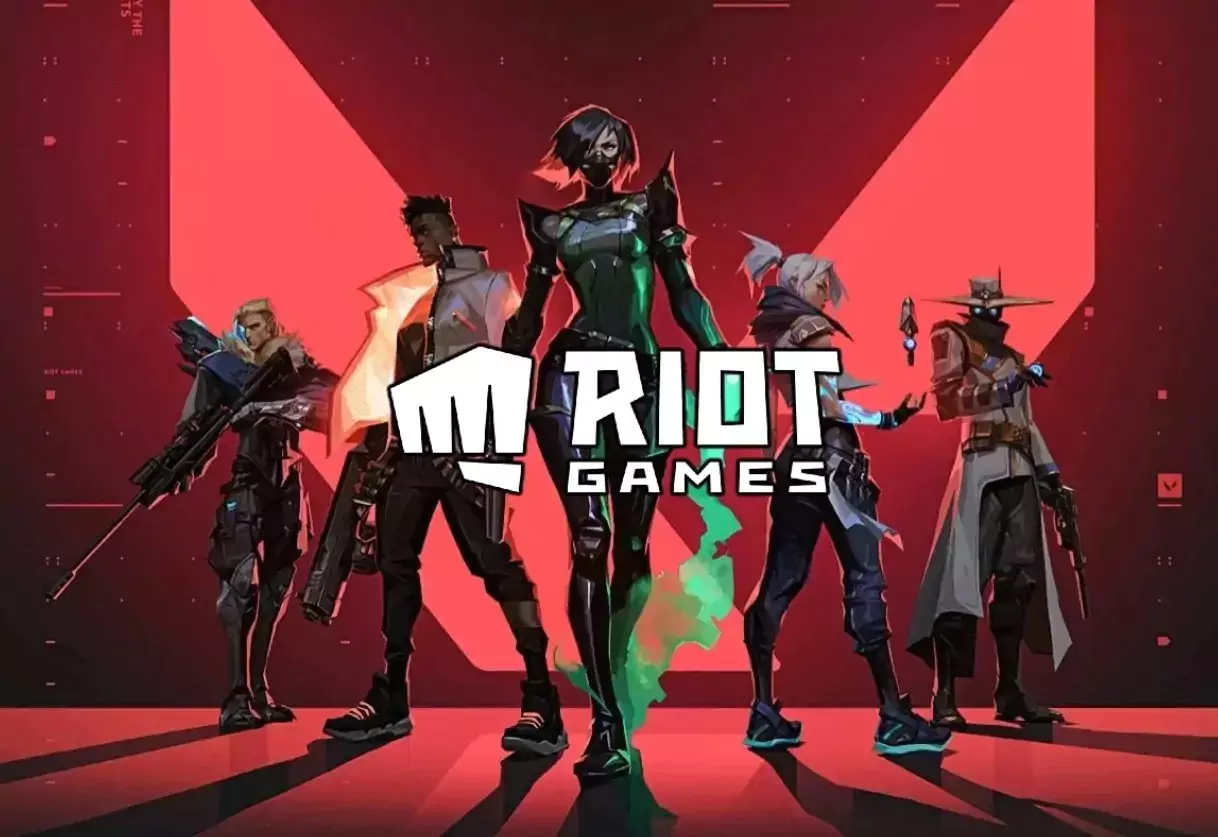As esports continues rocketing into the mainstream, gaining millions of fans and billions in revenue, governance to ensure fair play becomes paramount.
Recognizing this in their hit games like League of Legends and VALORANT, Riot Games now mandates their comprehensive new Esports Global Code of Conduct.
Spanning esports integrity to harassment policies and much in between, Riot sets a bold precedential standard.
Let’s review the Code’s key regulations along with enforcement for glimpsing esports’ future.
What is it?
A set of rules designed to create a safe, fair, and inclusive environment for everyone involved in Riot Games esports, from players and coaches to fans and organizers.
Riot’s Code contractually binds all professional/semi-pro players, coaches, owners, managers and esports staff tied to any Riot-run tournaments.
That blanket protection extends across esports for League, VALORANT, Wild Rift, Legends of Runeterra, Teamfight Tactics, and all future Riot titles.
What are the key principles?
- Protect the esports ecosystem: Everyone needs to act responsibly to ensure a healthy and enjoyable experience for all.
- Behave with respect: Treat others with dignity and avoid discrimination, harassment, or any form of abuse.
- Compete with integrity: Play your best and avoid any form of cheating or manipulation.
- Follow the rules: This includes game rules, tournament regulations, and the Code of Conduct itself.
Key Provisions of the Code
The Code covers a wide range of topics, encompassing both on-and-off-field behavior. Some of the key provisions include:
- General obligations: Professionals are expected to uphold high standards of personal integrity and respect for competitors, officials, and fans.
- Underperformance and cheating: Intentional underperformance and cheating are strictly prohibited.
- Unauthorized communication: Communication during matches must follow specific rules to prevent unfair advantages.
- Dropping out and refusals to participate: Without approval, professionals cannot withdraw from events they have committed to.
- Illegal drugs and prohibited substances: Possession, use, or distribution of illegal drugs or substances is forbidden.
- Derogatory and defamatory statements: Derogatory remarks or acts based on race, gender, religion, or other personal characteristics are prohibited.
- Vulgar, provocative, or hateful acts: Offensive behavior on social media, during public events, or in any context associated with Riot Games is not tolerated.
- Harassment and sexual harassment: Any form of harassment, including bullying, threats, and unwanted advances, is strictly prohibited.
- Bribery and match-fixing: These actions are considered serious offenses and will be met with severe sanctions.
- Gambling and fantasy esports: Professionals are prohibited from participating in gambling or fantasy esports activities related to Riot Games competitions.
- Conflicts of interest: Individuals must avoid situations where personal interests could compromise their objectivity or the integrity of competitions.
- False information, forgery, and falsification: Providing false information or using forged documents is strictly prohibited.
- Retaliation: Retaliating against anyone who reports violations or provides truthful information is not tolerated.
- Confidential information: Professionals must not disclose confidential information obtained through their participation in esports.
- Immoral activities: Engaging in any activity deemed immoral or unethical is prohibited.
- Violations of law and Riot Games Terms of Service: Professionals must comply with all applicable laws and Riot Games regulations.
What are some specific examples of prohibited behavior?
- Cheating, using hacks, or exploiting bugs
- Match-fixing or manipulating outcomes
- Gambling on your own matches
- Bribery or corruption
- Harassment, including sexual harassment and bullying
- Hate speech, discrimination, or offensive language
- Using stolen or forged documents
- Retaliating against someone who reports a violation
What happens if someone breaks the rules?
Riot Games can investigate any suspected violation. If a violation is found, they can impose sanctions, such as:
- Warnings
- Fines
- Disqualification from tournaments
- Bans from playing
- Account suspensions
- Suspended/Revoked Prize Money
- Match Forfeitures
- League Point Deductions
- Temporary Suspensions
- Permanent Bans
What are some of the new changes in this code?
- It applies to all Riot Games esports titles, not just League of Legends.
- It includes new rules on fantasy esports and social media conduct.
- It emphasizes the importance of cooperation with investigations.
- It adds a section on mitigating and aggravating factors when determining sanctions.
Overall, the new code of conduct is a positive step towards creating a better esports environment for everyone. It’s important for everyone involved to be familiar with the rules and take them seriously.
Conclusion
The implementation of the Global Code of Conduct marks a significant step forward in promoting a positive and ethical esports environment.
By establishing clear rules and expectations, Riot Games aims to ensure a fair and inclusive playing field for all professionals involved in their esports ecosystem.
While the road to achieving this goal is ongoing, this comprehensive code serves as a powerful tool in fostering a vibrant and sustainable esports landscape.
Discover more from Gaming Foodle
Subscribe to get the latest posts sent to your email.

